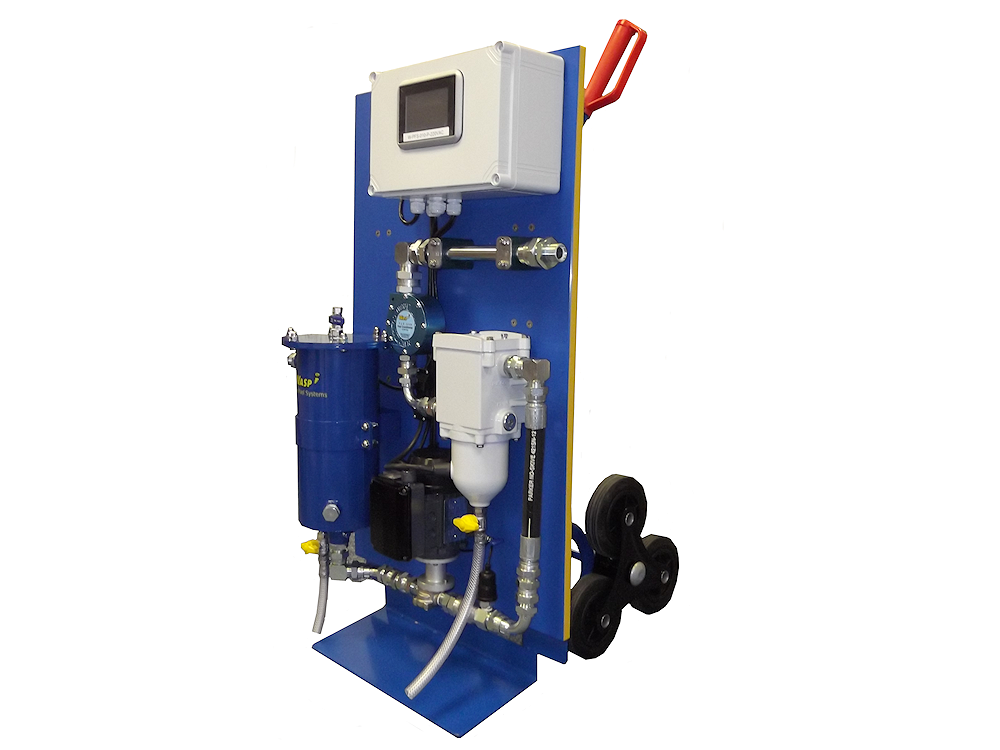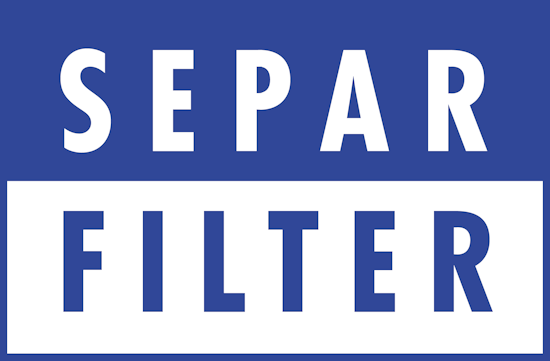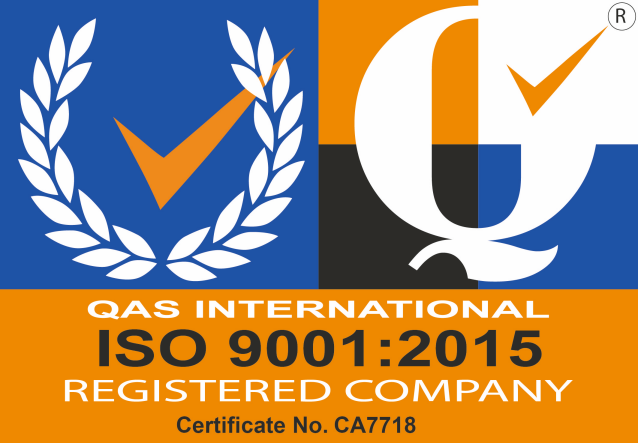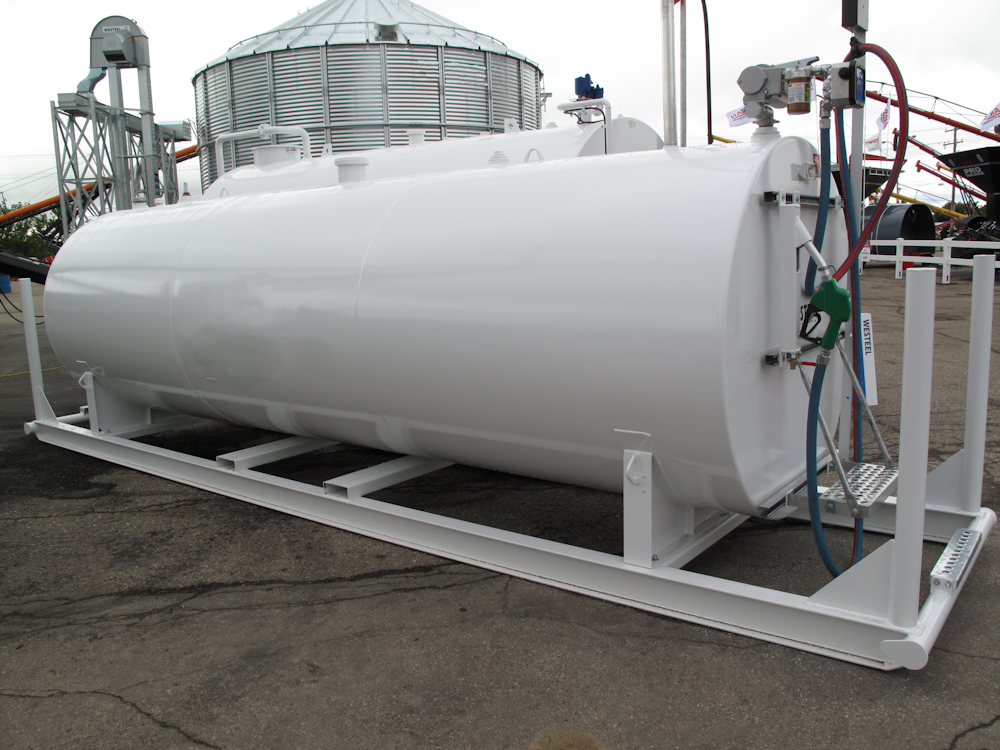Introduction to Fuel Polishing
The results of complete power failure depending on the industry, could for example, be a cost of millions of pounds in a data centre, a loss of all chilled food stored in a supermarket, or devastatingly a cost of lives in a hospital. Fuel in back up power supplies could be stored for years without being used. In that time fuel can become contaminated with the likes of water and bacteria. This blocks the back up generator, stopping it from working and causing damage to the system. When a power cut does happen, the back up system fails to work leaving a complete loss of power and devastating consequences. Read more about types of fuel contamination |
View the embedded image gallery online at:
https://www.wasp-pfs.com/info/guide-to-fuel-polishing/introduction-to-fuel-polishing#sigProIdcea37c8c03 |
THE SOLUTION
Fuel Polishing is essential for an uninterrupted power supply.
Fuel polishing is the technological cleaning process which removes water and particulates from diesel fuel which is stored for the medium to long term. This process keeps the fuel at optimum condition and helps prevent fuel related engine and generator failures.
UPS INSTALLED
UPS (Uninterrupted Power Supply) is installed with new fuel in tank.
TIME GOES BY
Fuel deteriorates; with condensation forming and leading to bacterial, yeast and fungal infections.
POWER CUT
UPS is triggered; contaminated fuel results in poor engine performance, engine damage and potentially complete failure.
SOLUTION
A fuel polishing unit installed with the UPS, regularly cleaning contaminates from fuel. Ensuring fuel is clean when you need it.
INTRODUCING WASP PFS
 WASP PFS Ltd are the market leaders in quality built fuel polishing systems with the WB Classic range which removes free water and contaminate to 10 micron and the W-PFS range which in addition removes emulsified water, and particulate to 2 micron. The W-PFS diesel polisher range also has a range of add-on options so can be customised to your requirements.
WASP PFS Ltd are the market leaders in quality built fuel polishing systems with the WB Classic range which removes free water and contaminate to 10 micron and the W-PFS range which in addition removes emulsified water, and particulate to 2 micron. The W-PFS diesel polisher range also has a range of add-on options so can be customised to your requirements.
Fuel Advice Systems Explained Fuel Contaminations Case Studies Compare WB and W-PFS Contact Us





